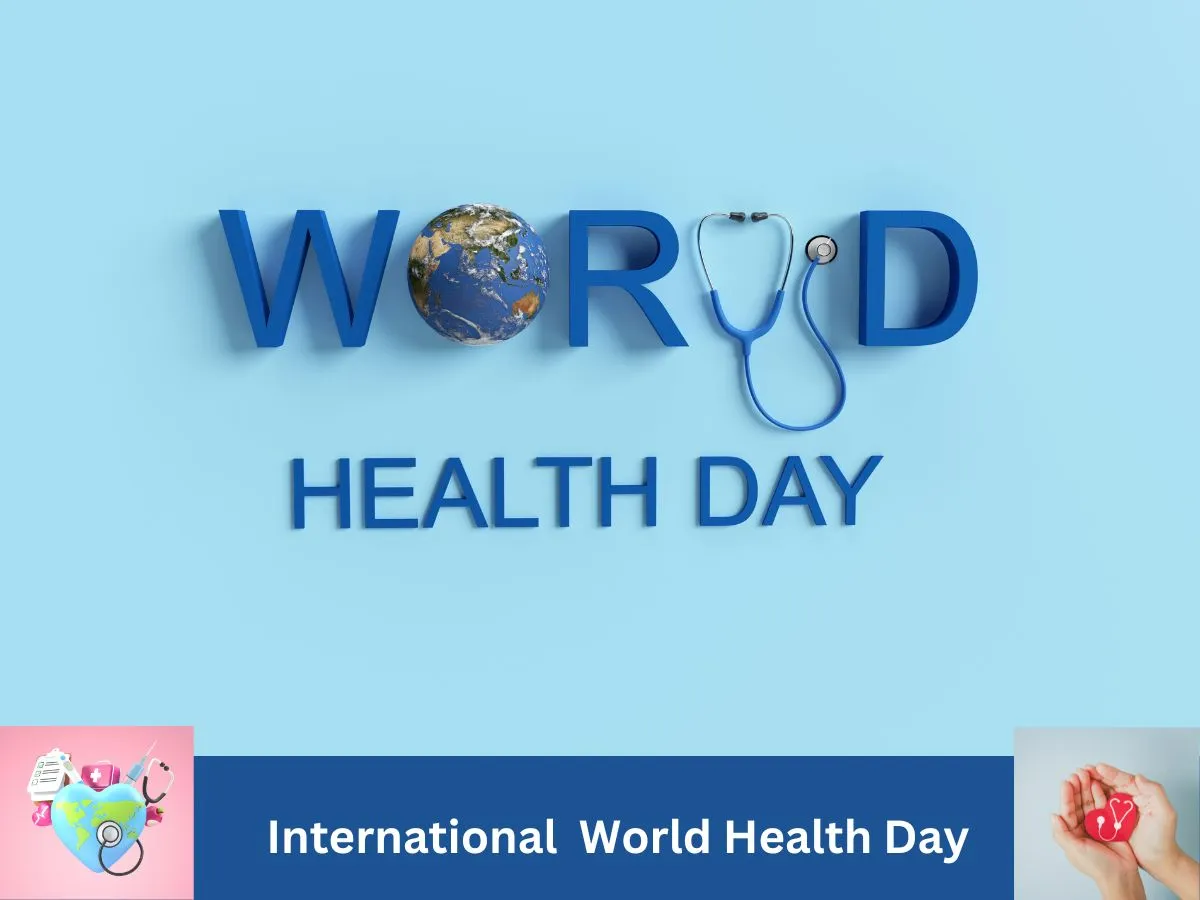Table of Contents
ToggleCelebrating International World Health Day: Promoting Global Wellness and Equity
International World Health Day, observed annually on April 7th, serves as a reminder of the importance of health and well-being for individuals and communities worldwide. Established by the World Health Organization (WHO) in 1950, World Health Day aims to raise awareness about pressing health issues, advocate for universal healthcare access, and mobilize action towards achieving health equity for all.
Origins and Significance:
The inception of World Health Day can be traced back to the First Health Assembly of the WHO in 1948, where the organization’s constitution was adopted. Since then, the WHO has played a pivotal role in shaping global health policies, initiatives, and interventions. World Health Day was created to commemorate the founding of the WHO and to highlight the organization’s ongoing efforts to promote health as a fundamental human right.
Theme and Focus Areas:
Each year, World Health Day focuses on a specific theme or health issue of global concern. These themes are chosen to raise awareness, stimulate dialogue, and mobilize action towards addressing critical health challenges. Past themes have included mental health, maternal and child health, infectious diseases, non-communicable diseases, and universal health coverage. The selection of themes reflects the evolving landscape of global health and prioritizes areas where concerted efforts are needed to achieve tangible progress.
Objectives and Activities:
World Health Day serves as a platform for governments, healthcare professionals, civil society organizations, and individuals to come together and advocate for health-related causes. Various activities and events are organized around the world to mark the occasion, including health campaigns, seminars, conferences, community outreach programs, and media initiatives. These activities aim to raise awareness, educate the public, promote healthy behaviors, and advocate for policy change.
Global Health Challenges:
Despite significant advancements in healthcare, numerous challenges persist in achieving optimal health outcomes for all. These challenges include disparities in access to healthcare services, inadequate funding for health systems, emerging infectious diseases, antimicrobial resistance, mental health disorders, and the impact of climate change on health. World Health Day provides an opportunity to address these challenges collectively and strengthen global health systems to better respond to current and future health threats.
Universal Health Coverage:
A key focus of World Health Day is advocating for universal health coverage (UHC), which means ensuring that all individuals and communities have access to essential healthcare services without facing financial hardship. UHC is essential for achieving health equity, promoting social justice, and advancing sustainable development. By advocating for UHC, World Health Day contributes to the broader goal of leaving no one behind in the journey towards better health and well-being for all.
Conclusion:
International World Health Day is a time to reflect on the progress made in global health, acknowledge the challenges that lie ahead, and reaffirm our commitment to promoting health and well-being for all. By raising awareness, advocating for policy change, and mobilizing action, World Health Day empowers individuals and communities to contribute to building a healthier, more equitable world. As we celebrate World Health Day, let us renew our efforts to ensure that health remains a priority for everyone, everywhere.
